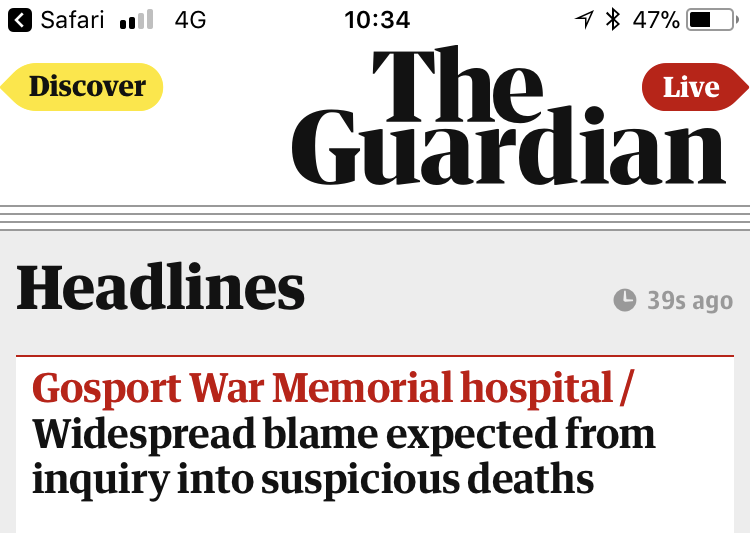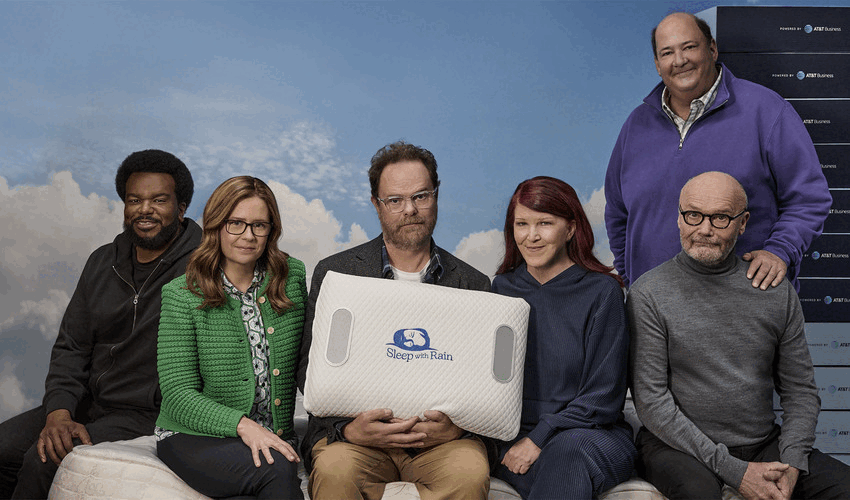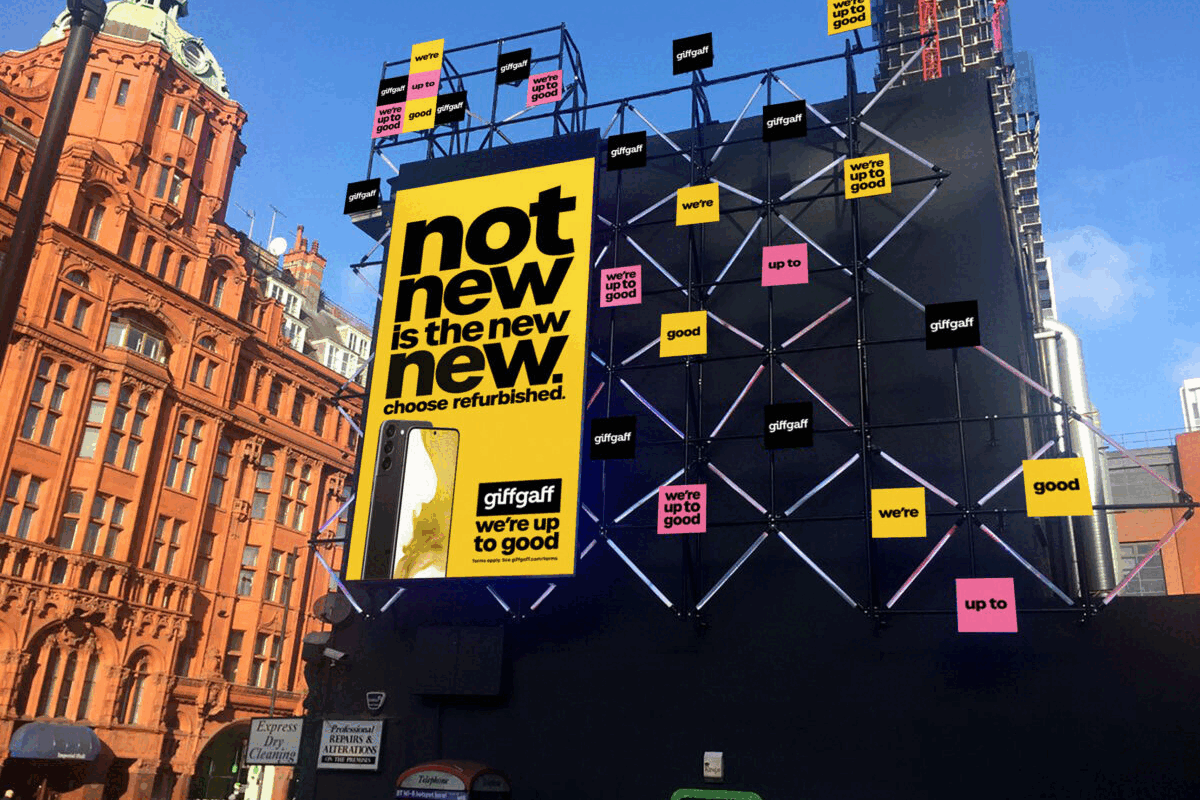 UK ad spend will increase to £19.9bn in 2018, up from £18.8bn in 2017, and will surpass £20bn for the first time in 2019. This is according to the latest media and marketing forecasts from media investment group, GroupM.
UK ad spend will increase to £19.9bn in 2018, up from £18.8bn in 2017, and will surpass £20bn for the first time in 2019. This is according to the latest media and marketing forecasts from media investment group, GroupM.
GroupM forecasts 6.1 per cent growth for 2018, down from 6.4 per cent in 2017. Pure-play internet and surging growth by Facebook are the primary drivers for all advertising growth. Pure-play internet has expanded its share of investment every year since 2000. It was 1 per cent of measured advertising then and will reach 59 per cent in 2018 and 61 per cent in 2019, GroupM believes.
The UK remains the fastest-growing mature advertising market in the world, with growth matching the Asia-Pacific average rate. While sterling is worth 7 per cent less today against the US dollar than it was at the time of the vote to leave the EU, the UK remains the world’s fourth-largest advertising economy in dollar terms. The combination of fast-paced growth and scale sustains the UK as the third-largest contributor to GroupM’s forecasted global ad spend growth in 2018, behind China and the USA.
Investment in print media continues to shrink, but the trajectory is improving as print publishers become substantial digital publishers in their own right. Barring unforeseen GDPR-related catastrophe, GroupM believes that digital could comprise around 31 per cent of national newspapers’ ad revenue in 2018; similar for consumer magazine brands; and around 20 per cent for regional newspapers.
The benefits of physical print advertising include brand-safe high-quality environments, late booking ability, flexible pricing, and clear share-of-voice signals to advertisers. The launch of PAMCo (The Publishers Audience Measurement Company) in April revealed a national and regional newspaper universe with a unique weekly reach of 46m, and for magazines, 36m. This initiative holds out the promise of a more efficient and versatile print market. GroupM believes.
Television advertising investment fell by 2.4 per cent in 2017, but GroupM expects this to recover by 1.7 per cent in 2018 and a further 2 per cent in 2019, supported by better reach and monetisation of non-traditional screens. The four-screen BARB (Broadcasters Audience Research Board) programme rating is expected to launch in September, followed by ad impressions in 2019. This collective improvement in TV measurement may help TV compete more effectively with digital insurgents, but GroupM observes that even four screens do not give the whole picture. Viewing on Smart TVs and via big-screen apps are yet to be incorporated, but are growing in importance as on-demand viewing migrates from the PC to the big screen.
GroupM reports that Out-of-home advertising investment is stable, but its digital ‘software’ (automation, validation, optimisation) needs to catch-up with its impressive ‘hardware’ (digital screens) to fulfil its potential. Radio spot advertising remains strong with 5 per cent growth expected for 2018 and again for 2019. The UK’s digital audio universe is 22m, having almost doubled in five years with 41 per cent weekly reach. Audio streaming overtook video in 2015 and GroupM believes it has plenty of room for further advertising growth. Advertising investment in digital and streaming audio is not measured, but already represents around 10 per cent of radio spot revenue.
“UK advertising investment is growing faster than the economy, defying Brexit chaos and bouts of consumer fatigue,” said Adam Smith, futures director at GroupM. One reason is colossal digitisation in media and in marketing practice, driving up competition, standards and innovation. Another is the scale of the tail. We must, however, beware of diseconomies of excessive specialism and short-termism. We need more technology but fewer technicians. Automation including AI must increase to liberate human brains for advertising strategy.”
Reacting to the forecast, Katherine Munford, managing director of Data2Decisions, said that while the figures are encouraging, advertisers need to ensure they are spending their money in the right places.
She said: “The findings demonstrate that marketing continues to be a vital part of business for many clients. In the context of uncertain times here in Britain, the figures are encouraging – it’s clear that advertising remains a powerful force for growth.
“In a challenging environment investing in marketing can be a critical lever in driving growth for the long term – but measuring advertising effectiveness needs to be a top priority for brands to ensure that investment is focused in the right areas. With pure play internet leading the charge in growth there’s an obvious emphasis being placed on efficiency and performance, but brands should still strive for an adequate balance between brand-building media and short-term sales activation strategies.
“Going forward, effectiveness should be measured in a holistic and connected way, to deliver both long and short-term business growth. Automation and AI will almost certainly increase to free up people’s time for an increased focus on strategy; the tools to enable prediction and automatic implementation of campaigns to maximise ROI are quickly becoming a reality.”
















